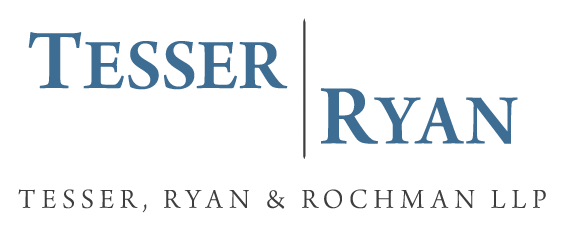Ruling Upholds States’ Right to Revoke Business Licenses for Companies which Hire Unauthorized Aliens
By Gregory Ryan, Partner, and Timothy Nolen, Associate, of Tesser, Ryan & Rochman, LLP
The United States Supreme Court recently issued a decision in a case which has a direct impact in the ongoing national debate regarding the powers of local and state governments in imposing laws related to the issue of immigration. Once considered a Federal issue and an area of law in which Federal law pre-empted local law, the Supreme Court has now permitted state governments to enact laws which impose sanctions upon businesses which employ illegal immigrant workers.
The decision likely will result in more states seeking to impose harsh penalties on companies that fail to verify their employees’ immigration status. The decision was issued by the Supreme Court upon its review of an Arizona law requiring greater diligence by employers in the hiring of workers. The case, Chamber of Congress of the United States of America v. Michael B. Whiting et al., 2011 WL 2039365 (May 26, 2011), involved an Arizona law which required employers to use “E-Verify” when confirming the status of workers. E-Verify is a Federal database which allows employers to confirm an employee’s immigration status. The Arizona law also provided that employers that hired unauthorized aliens could have their business license suspended and in some circumstances completely revoked—a harsh penalty for any business. The Ninth Circuit Court of Appeals had upheld the law in its entirety and that decision was appealed by the United States Chamber of Commerce and a number of prominent pro-business and civil rights organizations. The petitioners challenged the state law claiming that it was preempted by the Federal Immigration Reform and Control Act. In a 5-3 decision, the Supreme Court rejected the argument and upheld the validity of the Arizona law. The majority opinion was written by Chief Justice Roberts. The Chief Justice noted that the Immigration Reform and Control Act prevented states from sanctioning employers who hired unauthorized aliens, but that the Federal Law’s sanctions excluded sanctions involving licensing and “similar laws.” Moreover, the Court noted that even though Congress may have intended the Immigration Reform and Control Act to strike a balance between different interests, Congress did not intend to prevent states from using licensing laws to help enforce a ban on hiring unauthorized immigrants. Since Congress did not intend to displace state laws which would require employers to use “E-Verify” or laws which would revoke licenses for hiring unauthorized immigrants, the state law was valid.
The Supreme Court’s decision may well have a substantial effect throughout the country—Chief Justice Roberts noted that several states have recently enacted laws imposing sanctions against companies for employing unauthorized aliens, and many companies certainly operate and hire employees in states with such laws. In addition, there are several local municipal ordinances which have sought to regulate the hiring of illegal aliens. It remains to be seen whether other states and local municipalities follow suit and impose licensing laws and restrictions, as well as sanctions, now that the Supreme Court has held that the sanctions provided for in the Arizona law are constitutional and not pre-empted by Federal Law.
